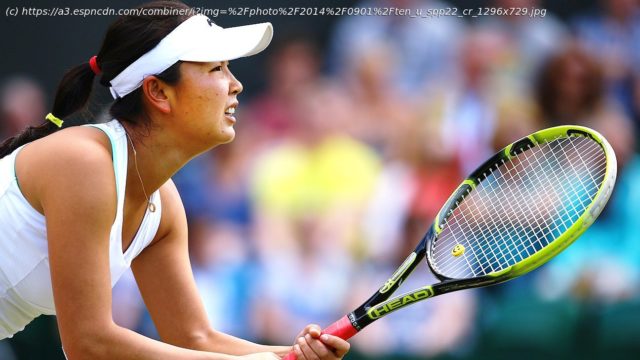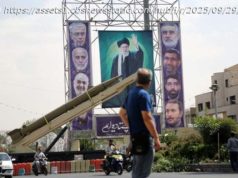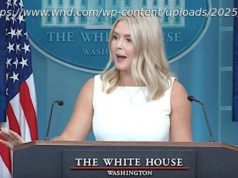The WTA has called for an investigation into Peng’s allegations of sexual assault against a former Chinese vice premier, despite China’s increasing retaliation against sports organizations that criticize the country.
Steve Simon, chairman and CEO of the Women’s Tennis Association, understood the potential political and financial backlash his organization could face from the Chinese government, according to multiple sources familiar with the decision-making process, before making an unprecedented public statement this week that prioritized the safety of an athlete over the organization’s business interests. Simon released a public statement Sunday calling on China to conduct a fair and transparent investigation «without censorship» into allegations made earlier this month by professional tennis player Peng Shuai that she was sexually assaulted a few years ago by Zhang Gaoli, a former high-ranking official in the Chinese Communist Party. Simon said he was worried about Peng’s safety because repeated attempts to reach her in the past several weeks have been unsuccessful. He said a recent email purportedly from Peng assuring the WTA she was safe did not seem genuine and only served to raise his level of concern. Several international tennis stars echoed his concerns to their millions of followers on social media this week. Peng’s public accusations against a man who previously held one of the country’s highest positions of power are unprecedented, according to experts who track human rights issues in China. The response from WTA officials and high-profile tennis players is also a rare approach, pushing back against a government that has increasingly censored its citizens’ speech and retaliated against foreign-based sports organizations and other corporations that do business in China for critical comments about the country, costing them millions in potential revenue. «It’s an unusual response and really to the credit of the WTA to be this vocal,» said Sarah Cook, the research director for China, Hong Kong and Taiwan at D.C.-based think tank Freedom House. «We do know from different people who have been detained in the past, international attention can really make a difference. These are not legal decisions; they are political decisions. Even if it doesn’t get someone released, it can physically protect them. It’s really important for her well-being that there is this type of international conversation.






